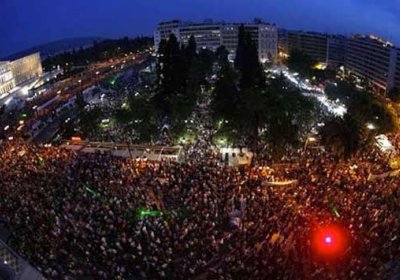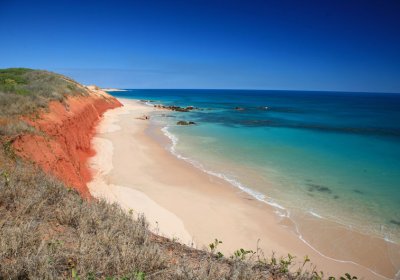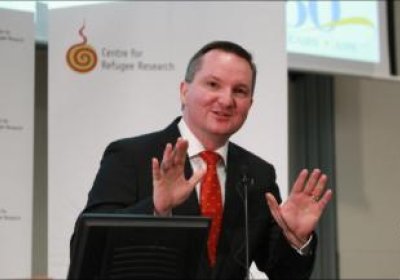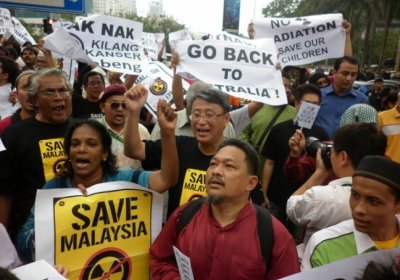884
Marcel Khalife, born in 1950 in Amchit, Lebanon, has injected new life into the music produced by the oud (the Arabic lute) ― helping revive an important part of Arabic culture. Khalife studied the oud at the Beirut National Conservatory of Music and graduated in 1971. From 1972 to 1975, Khalife taught at the Beirut National Conservatory of Music, public universities and local private music institutions. During that period, he toured the Middle East, North Africa, Europe and the United States giving solo performances on the oud.
Tens of thousands of striking trade unionists and their allies flooded Syntagma Square outside parliament on June 15 to try to stop MPs from approving the latest bill imposing more cuts and privatisations, the MorningStarOnline.co.uk said the next day.
- Previous page
- Page 2
- Next page






